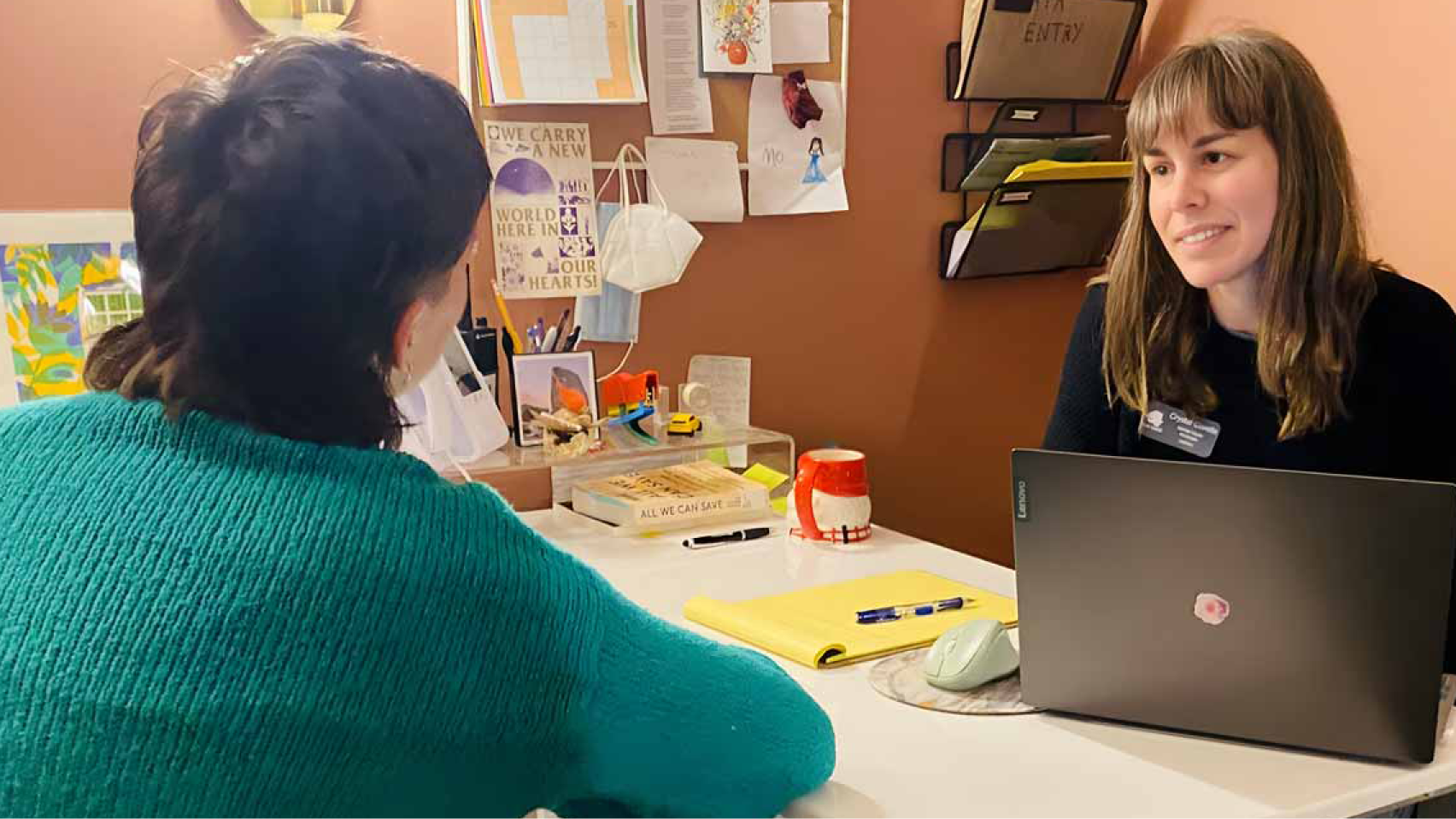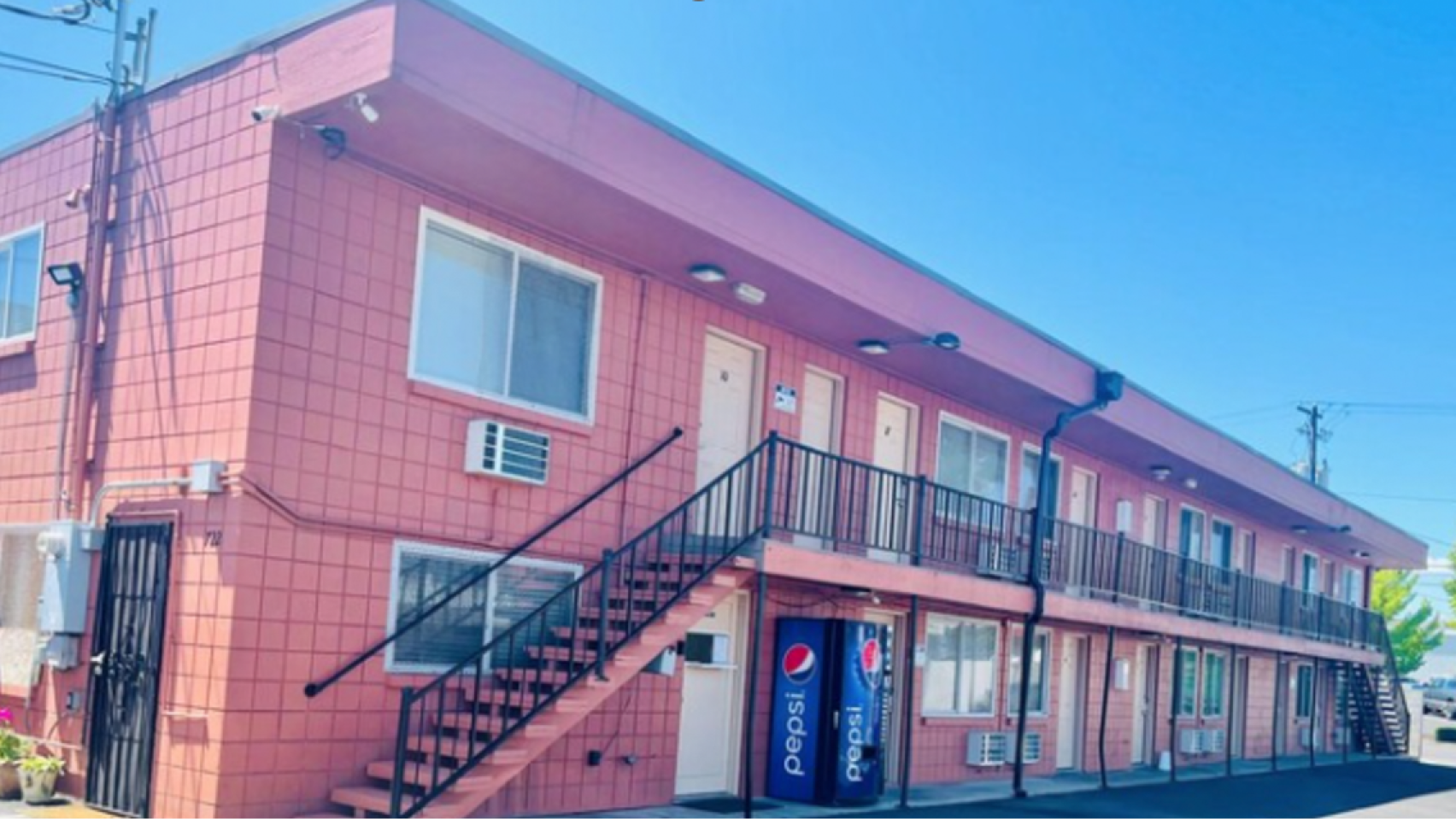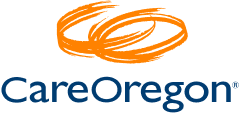Health care professionals face an ever-growing need for education on complex, evolving topics to better serve their patients. MEDS Ed, an innovative program developed by CareOregon, addresses this need by providing accessible, practical education on critical issues.
MEDS Ed has grown and evolved over the past decade to spark learning for thousands of health care professionals—both inside and outside of CareOregon—on crucial issues that align with our commitment to health equity.
Topics range from substance use disorder to prison transitions to gender-affirming care—all designed to support knowledge-sharing and professional growth. All to ensure that health care professionals are equipped with the knowledge and tools to provide equitable, effective care.
“MEDS Ed helps empower health care professionals with the ever-evolving information they need to make a real difference in the lives of their patients,” said Paul Carson, Training and Development Specialist at CareOregon. “By addressing critical and often overlooked topics, we’re filling knowledge gaps and helping build a more equitable and effective health care system.”
A community of learning
MEDS Ed’s audience spans physicians, nurse practitioners, nurses, county health departments, pharmacists and social workers from across Oregon. About 20 to 30 percent are CareOregon employees. Presenters come from inside and outside the organization, including Legacy Health System, Oregon Health & Science University, and local county health departments.
MEDS Ed began in early 2015. It was originally conceived by Jim Slater, CareOregon's Chief Pharmacy Officer, who wanted to create a free education series for nurses. He brought Carson—who has a background in corporate training and development— on in February 2015.
Educational sessions were initially in-person in the CareOregon office, which could only house about 100 participants. But when the COVID pandemic hit in 2020, the series needed to adapt. It soon became clear that making MEDS Ed a virtual program was the way to go, especially as it made it easier to tap into CareOregon’s Coordinated Care Organizations (CCOs). People from Jackson Care Connect and Columbia Pacific CCO in Northwest Oregon—both part of the CareOregon family—could attend online without traveling to Portland.
"[Going virtual] actually was one of the best things that ever happened to MEDS Ed because we were able to really reach deeper into the CCOs that way," Carson said. Around 2018, MEDS Ed started offering CME credits for professionals who attended the sessions live via the American Academy of Family Physicians’ online platform.
Sparking change
Typically, six educational sessions are produced each year. Each has about two hours of educational content followed by 30 minutes of a panel question and answer segment. Afterward, the sessions are available on YouTube for anyone to access.
MEDS Ed topics are chosen based on suggestions from CareOregon medical directors, senior leadership, session audiences, and MEDS Ed stakeholders. Sometimes topics that may not be inherently exciting are packaged in an entertaining way—like a December session on pharmacy benefits, which was billed as "The Upside-Down of Pharmacy Benefits" and featured a “Stranger Things” vibe from the hit Netflix show. Other topics include specific medications, motivational interviewing and substance use disorder. And the most-watched MEDS Ed video on YouTube aims to help healthcare professionals navigate the fentanyl crisis.
“The real impact of MEDS Ed lies in the way it connects people to meaningful, actionable knowledge,” Carson said. “Each session is an opportunity to spark change—whether it’s improving care practices, addressing health equity or creating opportunities for collaboration across the health care community. That’s what keeps our audience engaged and coming back.”









